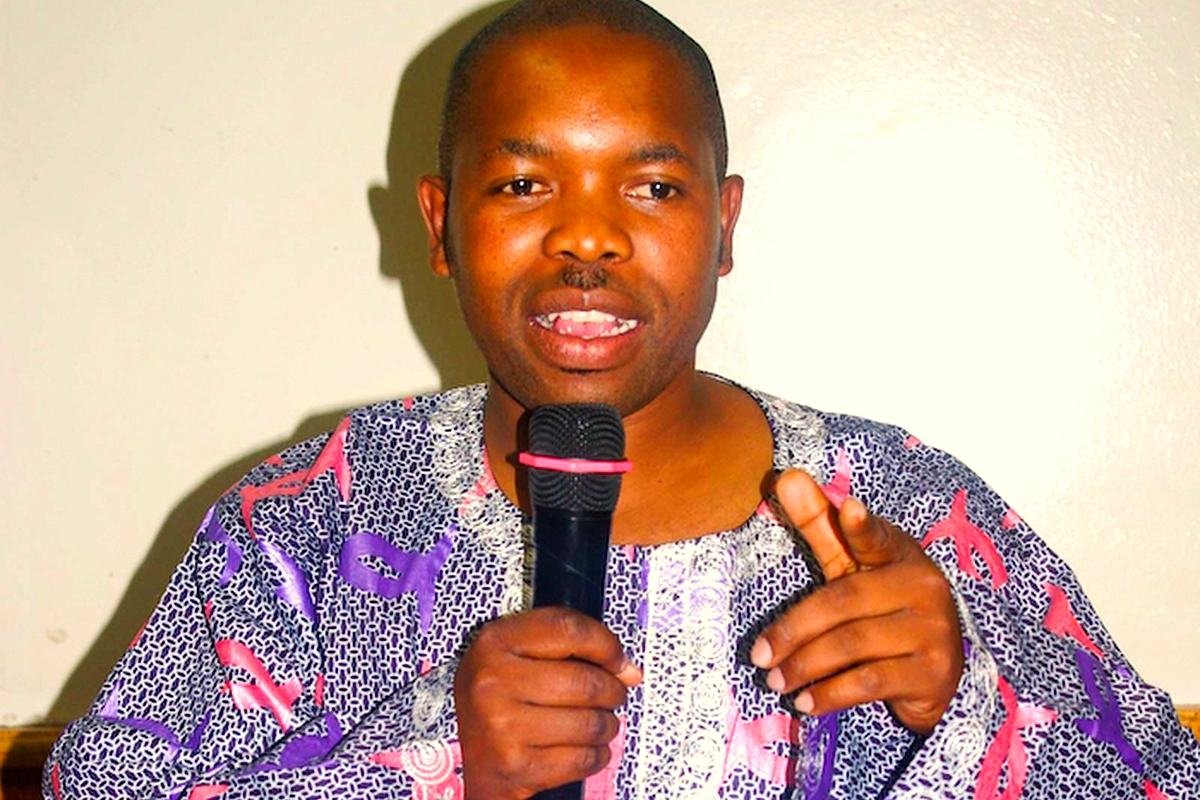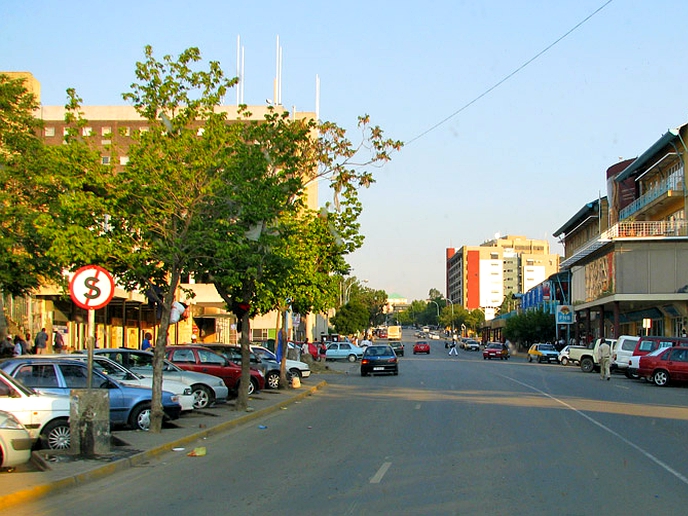MASERU - Lesotho agricultural products have a big market in the European market because they are organic, the Lesotho Chamber of Commerce and Industry (LCCI) has revealed. An LCCI youth mentor, Lesei Lesei said what they have to do now is to rush to the constituencies to shed some light to other youths so that they could grab the opportunity.
comments
Aug. 29, 2019
STAFF REPORTER
4 min read
LCCI warns of lucrative EU market

Thabo Qhesi
Mr Lesei said they were currently in talks with the European Union (EU) so that they could specify the kind of goods they want in their markets. He said it was quite worrisome to see Basotho flocking to South Africa in search of employment opportunities while they could stay in the country and work with what they have to sustain their livelihoods.
“The LCCI wants parents to stay with their families and to stop moving around in search of employment. We therefore want the agriculture resources to be put in place so that we can walk the talk. “We want the government to help us with agricultural resources so that we can produce food to sell in the market,” Mr Lesei says.
What is important according to Mr Lesei is to translate theories into actions. He said they had also made an honest appeal to financial institutions such as banks to help Basotho access loans so that they could start up their money- spinning projects.
He said once the financial institutions could avail loans, Basotho would be able to get such loans and pay interests that can be able to circulate in the country to help grow the feeble economy. Mr Lesei urged Basotho to make use of their environment which is not yet polluted as compared to other countries to produce food for the market.
So since Lesotho is positioned close to South Africa, which has a large economy as its most immediate neighbour, it is able to know of the existing technology that can be used in food production. “Technology plays an important role because it cuts across. It is the backbone of every business,” Mr Lesei said. He added: “We have a big advantage because we are close to South Africa. We benefit from every technology from them.”
The Minister of Finance Dr Moeketsi Majoro said there were a lot of trade opportunities that Lesotho could benefit from such as the African, Caribbean and Pacific states (ACP) and the European Union (EU) partnership agreement.
Dr Majoro said Lesotho, like other ACP member states had benefitted through two channels – financial assistance under the European Development Fund (EDF) and trade under preferential conditions. He said Lesotho had also benefited from preferential market access to the EU, exporting agricultural products, textiles and diamonds.
And the Economic Partnership Agreement (EPA) recently ratified by Lesotho in 2016, guarantees continued access to this market. This, the minister said was important to note that market access did not guarantee increased trade. “It is production capacity that ensures that Lesotho has things to sell. Our considerable potential in primary and processed agricultural crops has not materialised into actual production, exports and trade with Europe,” he said.
This is where Lesotho investors should focus on, Dr Majoro suggests. He said the government “is working on global trade standards that will make it possible for crops such as asparagus to find their way into European markets.” Thabo Qhesi, president of the Private Sector Foundation of Lesotho said Lesotho’s companies through the agreement were able to access EU market without any hindrance.
Enjoy our daily newsletter from today
Access exclusive newsletters, along with previews of new media releases.
Mr Qhesi said through the agreement, chances of getting foreign investors from EU were quite high, adding they would eventually create job opportunities for local people.
Lesotho, Botswana, South Africa, Mozambique, Namibia and eSwatini signed the EPA with the EU in June 2016 after more than a decade of negotiations. Some of the benefits of the EPA include the creation of new business opportunities as firms from ACP which can freely export to the EU and further import the inputs they need for final products at reduced costs.
The EPA targets to assist countries to attract more investors through long-term stability as the EPAs are permanent, expand the economy through the emergence of new industries and create jobs and offer trade aid which helps countries adapt their customs procedures and reduce paperwork.
This will reduce import and export, thereby reducing import and export meaning lesser difficulties. EPA enables ACP countries to protect their local producers that might struggle to compete against EU imports by keeping tariffs on sensitive goods such as foodstuffs as well as assist in the production and exportation of higher value processed goods.
ACP farmers are also assisted to meet the EU’s high standards in food safety as well as animal and plant health, enabling them to seek help if problems arise.
Tailored for you






